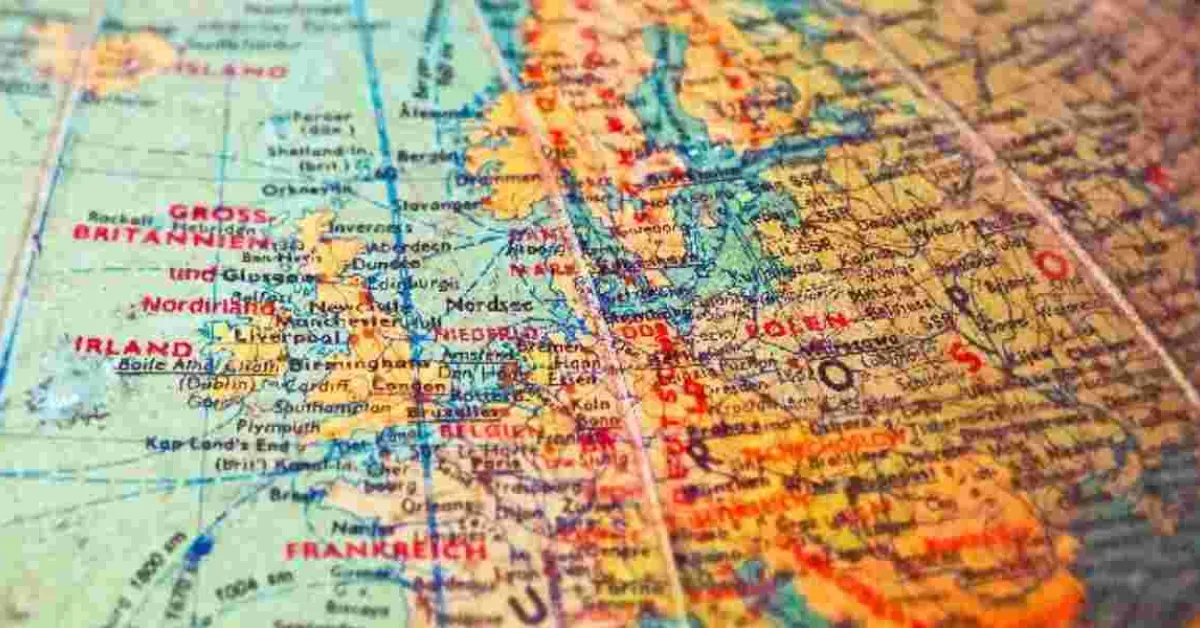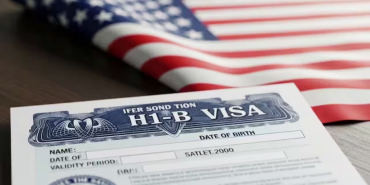Countries With the Toughest Immigration Laws

Relocating to another country for a fresh start is a viable option in many countries.
Different countries have different attitudes towards immigrants. Some countries have strict immigration laws for various reasons, such as preserving their culture, managing overpopulation, and discriminatory practices based on nationality. Therefore, before considering relocating, it is essential to gather sufficient knowledge and be well-prepared about countries that are likely to deny you visa or residence applications.
Saudi Arabia
Saudi Arabia, for instance, has enacted stringent immigration regulations to protect its cultural heritage and social fabric by limiting outside influence. This makes relocating to Saudi Arabia quite difficult unless one possesses a job and a sponsor. Moreover, even after acquiring a visa, there are inflexible rules to follow, such as the prohibition on changing sponsors and the necessity for sponsors to hold passports while individuals retain their residence permits (Iqama). However, on March 14, 2021, a new initiative was introduced to regulate the laws regarding foreign workers in Saudi Arabia.
In Saudi Arabia, people have the freedom to handle their own entry and exit visas without needing approval from their sponsor. However, obtaining Saudi Arabian citizenship remains a difficult task, even if someone wants to marry a Saudi citizen. For example, non-Muslims are not allowed to marry, which disqualifies them from becoming citizens through marriage. On the other hand, citizenship through naturalization is possible after living in Saudi Arabia for ten years.
China
Issuance of Chinese citizenship is extremely difficult unless the potential citizen has a relative who is already a Chinese citizen. In the absence of familial ties, ambitious individuals can apply for naturalization using other "legitimate reasons" albeit with slim chances of success. Nonetheless, a work or business visa can offer temporary residence in China. It's worth noting that citizens residing in Taiwan, Hong Kong, and Macau are exempt from China's stringent national laws.
Japan
Japan upholds rigorous restrictions governing immigration and citizenship as well. Usually, individuals enter Japan as holders of work visas, but the number of foreign workers is significantly lower compared to the native populace. Reports highlight the dire encounters immigrant employees face in Japanese workplace settings. Also, specific regulations exist for naturalization, which differ based on both national origin and residency status.
Switzerland
In Switzerland, it is relatively straightforward for EU/EEA citizens to relocate, but more difficult for others. Those seeking a long-term visa must either have high qualifications or sufficient funds. Additionally, even with a permanent residence permit, individuals must wait ten years before applying for citizenship.
Denmark
Denmark also has strict immigration laws, including limitations on obtaining citizenship through marriage if either party is under 24 years old. The country also evaluates working immigrants based on their skills and experience, making it challenging to secure a residence permit without relevant qualifications.
North Korea
Immigration poses considerable hurdles in North Korea, as the range of visa choices is restricted, mostly catering to tourists. To enter the country, one must adhere to stringent rules and regulations, necessitating application through an authorized tourist agency. As for obtaining North Korean citizenship, it proves to be an almost insurmountable task unless one is born within its borders or has parents who hold North Korean citizenship. The possibility of naturalization does exist, but its criteria are determined by the Supreme People's Assembly, leaving one uncertain as to whether they fulfil the requirements for North Korean citizenship or not.














Add new comment